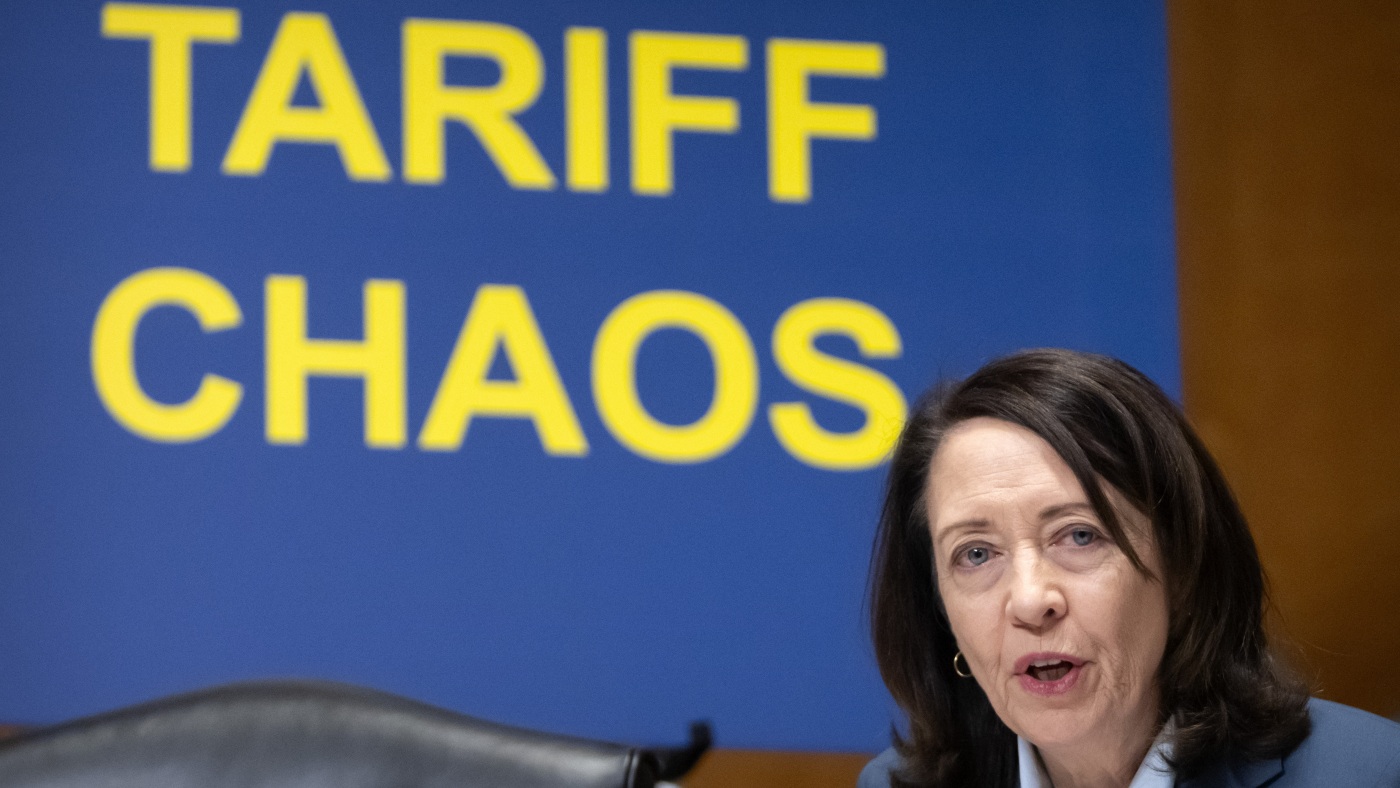Senate Pushes Back Against Presidential Tariff Powers Amid Economic Concerns
Amid growing economic uncertainty, President Trump’s tariffs have provoked a strong response not only from the markets but also from Congress. A bipartisan group of Senators is challenging the President’s authority to impose tariffs without legislative oversight.
Sens. Maria Cantwell, D-Wash., and Chuck Grassley, R-Iowa, have introduced a bipartisan bill aimed at reining in presidential tariff powers. The proposed legislation requires the President to inform Congress of new tariffs within 48 hours while necessitating congressional approval within 60 days of notification.
The bill faces hurdles, as President Trump has threatened to veto the measure. Its future remains uncertain, especially regarding potential House votes.
In a conversation with NPR’s Morning Edition, Cantwell expressed concerns about the tariffs’ impact on sectors such as agriculture and manufacturing. “We are the conduit to those constituents,” she said, emphasizing the need for congressional involvement.
Interview Highlights
Leila Fadel: What would the bill you’ve drafted accomplish if it became law?
Sen. Maria Cantwell: Congress has constitutional rights over trade. However, this President has misconstrued this authority. We want Congress to reassert itself in trade debates, particularly concerning tariffs that affect consumer costs and savings.
Fadel: With its bipartisan nature, what’s the Republican support like for this bill?
Cantwell: Seven Republicans are currently backing the bill, which reflects bipartisan and bicameral support. It’s a response to constituents’ concerns over tariffs and their effects on consumer goods.
Fadel: If the President vetoes this bill, what are your plans?
Cantwell: The economic fallout from the tariffs is substantial, affecting consumer spending and investments. Congress needs to be consulted, as uncertainty harms those nearing retirement.
Fadel: Do you see a viable path for this bill to become law?
Cantwell: Yes, as the economic impact is severe. There is a path forward.
Fadel: If Trump vetoes the bill, would it be possible to override it?
Cantwell: Sen. Ron Wyden, D-Oregon, is working on a related resolution. Our colleagues are recognizing the need to address the President’s overreach and consult constituents.
Note: Wyden’s privileged resolution would force a vote on the emergency declaration.
Fadel: Trump argues that tariffs address the $1.2 trillion trade deficit. Do you agree?
Cantwell: I disagree. Tariffs are akin to taxes that increase consumer costs. A better approach involves forming coalitions to address trade imbalances, rather than alienating allies.
Fadel: Would coalition-building be your strategy to reduce the trade gap?
Cantwell: Absolutely. My state thrives on trade, and we should focus on innovation and open markets. We need strategies for market growth rather than provoking trade partners.






